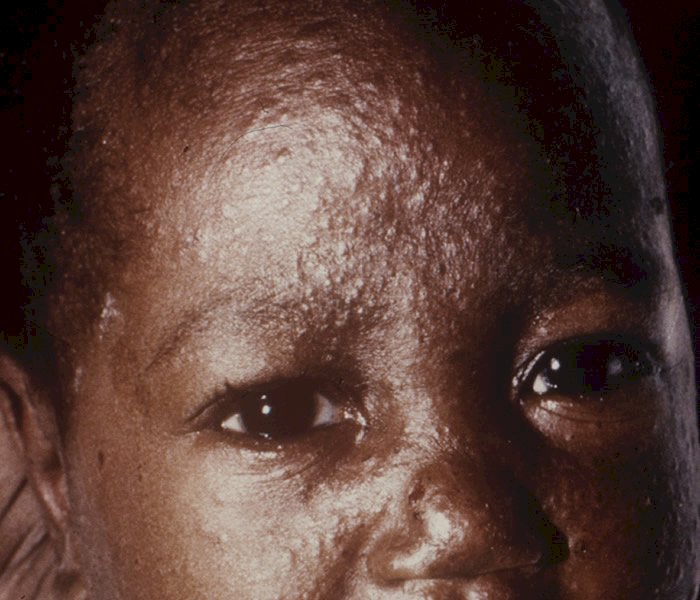Measles Outbreak Hits Northern Region

The Northern Regional Health Directorate has confirmed about 70 cases of measles among children. Meanwhile, information available indicates that there’s a shortage of measles vaccines in the region. A letter confirmed cases of measles in the Gushiegu district in October 2022, to date, and additional cases have been confirmed in three other districts (Tamale, Sagnarigu, and Karaga).
“Given the current season, which presents one of the greatest risks for the transmission of measles, Districts Health Directorates and Facilities (both public and private) are urged to intensify surveillance on measles and other diseases of epidemic potential for prompt action should they occur.”
The letter further requested Districts and facilities to conduct prompt investigations and collect blood samples for laboratory confirmation. “You are also expected to continue to intensify public education on the prevention of measles and other epidemic-prone diseases.
All MM / DDHS must ensure that their epidemic preparedness and response (EPR) plans for measles are updated accordingly and copies submitted to the Regional Health Directorate through the Disease Surveillance Unit on or before Friday, February 10, 2023.” Measles is a highly contagious, serious disease caused by a virus.
Before the introduction of measles vaccine in 1963 and widespread vaccination, major epidemics occurred approximately every 2–3 years and measles caused an estimated 2.6 million deaths each year. More than 140 000 people died from measles in 2018 - mostly children under the age of 5 years, despite the availability of a safe and effective vaccine.
Measles is caused by a virus in the paramyxovirus family and it is normally passed through direct contact and through the air. The virus infects the respiratory tract, then spreads throughout the body. Measles is a human disease and is not known to occur in animals.
Unvaccinated pregnant women are also at risk. Any non-immune person (who has not been vaccinated or was vaccinated but did not develop immunity) can become infected. Measles is still common in many developing countries - particularly in parts of Africa and Asia.







